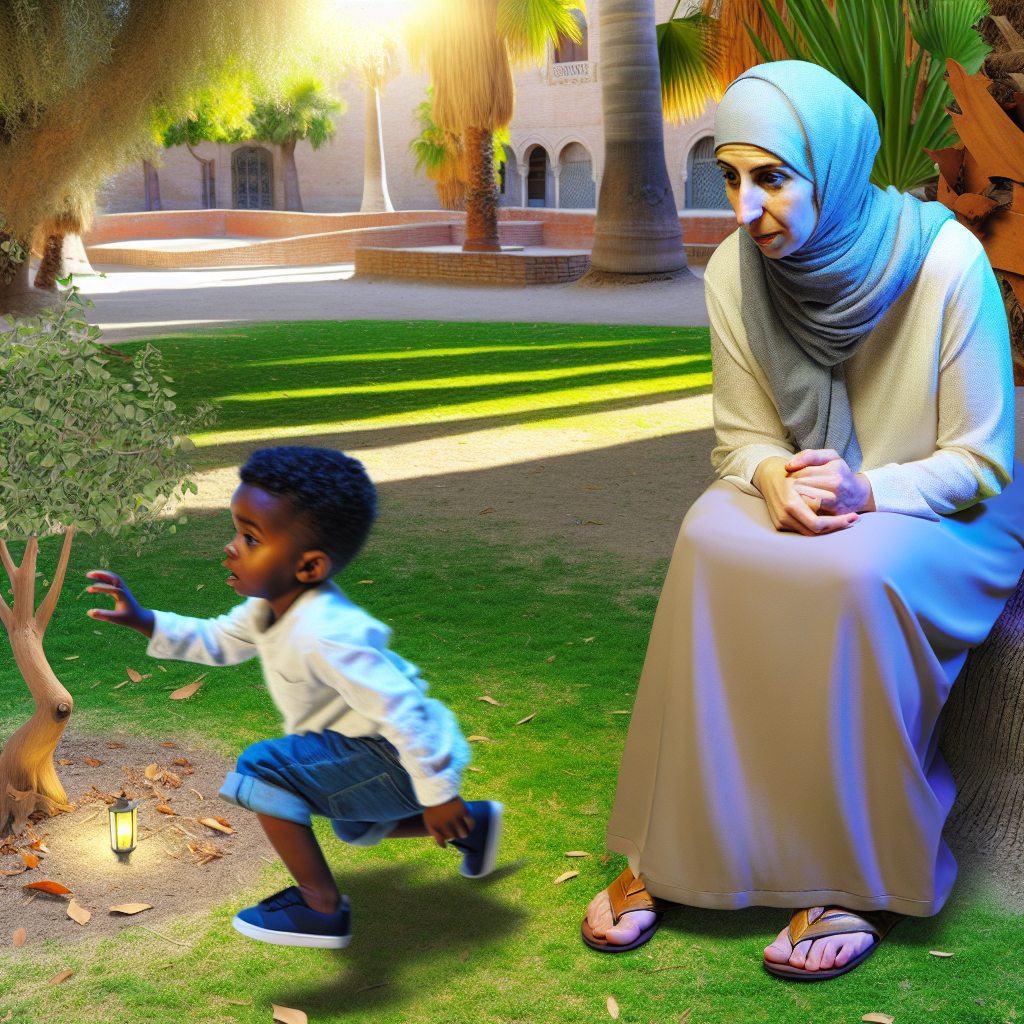Embracing the Journey: What Parenthood Really Means
Parenthood often arrives wrapped in expectations—a time to guide, protect, and fix our children’s problems. However, the moment I recognized that parenting isn’t about fixing them but growing with them shifted my entire perspective. Instead of trying to solve every challenge, I began to appreciate the shared experience of learning, evolving, and adapting alongside my children. This transformation changed the dynamics of our relationship and created space for mutual respect and genuine connection.
Parenting is an ongoing journey shaped by growth, patience, and understanding. By embracing the concept of growing with your children, you allow yourself to nurture their individuality while also discovering new facets of your own character.
The Myth of Fixing: Why Trying to Solve Everything Doesn’t Work
Many parents feel a deep urge to fix every difficulty their children face, believing it’s their duty to shield them from hardship. This mindset, while rooted in love, can sometimes prevent children from developing essential life skills such as problem-solving, resilience, and independence.
The Consequences of Over-Fixing
When parents solve all problems:
– Children may struggle with self-confidence as they never fully test their own capabilities.
– Dependence on parents can hinder emotional and social growth.
– It creates unrealistic expectations for life to be smooth and conflict-free.
Psychologist Dr. Laura Markham notes, “Children learn coping skills by facing challenges, not by having others remove obstacles for them.”
When Fixing Becomes Overbearing
Parents might unintentionally:
– Interrupt their child’s natural learning process.
– Over-manage situations, leading to stress for both parent and child.
– Miss opportunities for meaningful conversations that promote understanding.
Recognizing that we can’t, and shouldn’t, fix every problem opens the door to genuine collaboration and shared growth.
Growing With Your Children: A New Framework for Connection
Growing with your children means acknowledging that parenting is not a one-way street. It is an evolving path where both parent and child develop skills, emotional intelligence, and mutual respect.
What Does “Growing With Your Children” Look Like?
This approach encourages:
– Active listening to understand children’s perspectives.
– Empathy to navigate emotional ups and downs together.
– Encouraging autonomy while being a supportive guide.
– Celebrating growth milestones for both child and parent.
By positioning yourself as a partner rather than an enforcer, you foster a secure environment built on trust.
Benefits of Growing Together
– Builds stronger emotional bonds and open communication.
– Prepares both parties for life’s uncertainties and transitions.
– Encourages modeling positive behaviors through real-time learning.
– Cultivates patience, flexibility, and humility in parents.
With this mindset, parenting becomes a shared adventure rather than a burden.
Practical Strategies for Growing With Your Children
Transforming your approach requires intentional actions and consistent reflection. Here are practical strategies to start growing with your children today.
1. Foster Open Communication
– Create safe spaces where children feel heard without judgment.
– Ask open-ended questions to explore their thoughts and feelings.
– Share your own experiences and vulnerabilities honestly.
This exchange builds trust and equips children with emotional vocabulary.
2. Encourage Problem-Solving and Independence
– Resist the urge to immediately solve problems.
– Support children as they brainstorm solutions and make decisions.
– Celebrate efforts even when outcomes aren’t perfect.
This empowers children to take responsibility and boost self-confidence.
3. Reflect on Your Own Growth
– Regularly assess your reactions and beliefs about parenting.
– Embrace mistakes as learning opportunities.
– Seek resources, support groups, or professional guidance when needed.
This self-awareness models lifelong learning and adaptability.
Handling Challenges Together: Building Resilience as a Team
Difficult situations often reveal the strength of the parent-child bond. When you commit to growing with your children, you build resilience that supports everyone involved.
Turning Conflict Into Growth Opportunities
– Approach disagreements with curiosity instead of blame.
– Use conflicts to teach negotiation and empathy skills.
– Maintain consistent boundaries while being flexible in how they’re enforced.
For example, if a teenager tests curfew limits, rather than punitive measures alone, discuss underlying reasons and collaboratively create solutions.
Supporting Emotional Development
Children experience complex emotions that can be confusing for them. Parents who grow alongside their children:
– Validate feelings without immediately trying to “fix” the issue.
– Help children name and process emotions.
– Teach coping strategies appropriate to the child’s age.
This emotional coaching fosters greater self-regulation and mental well-being.
Navigating Different Stages: Growing With Your Children Over Time
Growing with your children is a dynamic process that changes as they move through various developmental stages.
Early Childhood
Children are discovering language, social skills, and emotional expression.
– Practice patience as they test boundaries.
– Model kindness and curiosity.
– Engage in play that stimulates creativity and problem-solving.
Adolescence
Teens strive for independence and identity.
– Respect their growing need for privacy.
– Stay available without being intrusive.
– Encourage responsible decision-making and accept that mistakes are part of growth.
Throughout all stages, remember that growing with your children requires flexibility and ongoing effort.
The Power of Mutual Growth: Real-Life Stories
Many parents have shared transformative experiences after embracing the idea of growing with their children.
Anna, a mother of two, reflected, “Instead of always directing my kids, I started asking them how they wanted to handle problems. It’s deepened our connection and taught me patience I never knew I had.”
Similarly, James, a father navigating his teenager’s struggles, said, “Accepting that I don’t have all the answers freed me to be a better listener and created a safe space for both of us to heal and grow.”
These stories reveal how mutual growth not only benefits children but also enriches adult lives.
Resources and Support for Growing With Your Children
Having support along this journey can make the challenge of growing with your children more manageable.
– Parenting workshops focused on emotional intelligence and communication.
– Books like “The Whole-Brain Child” by Daniel J. Siegel and Tina Payne Bryson.
– Online communities and forums for sharing experiences and advice.
– Professional counseling when complex issues arise.
For trusted guidance and tools, visit reputable parenting platforms such as the [American Academy of Pediatrics](https://www.aap.org).
Cultivating Lifelong Growth Together
Recognizing that parenthood is about growing with your children invites a shift from control to collaboration, from fixing to learning. This perspective empowers families to navigate challenges with grace and fosters resilient, compassionate individuals.
By nurturing open communication, fostering independence, reflecting on your own parenting journey, and embracing challenges as growth opportunities, you cultivate a family culture grounded in mutual respect and continuous development.
Parenthood’s true essence lies not in perfecting our children but in growing alongside them—discovering new strengths, building deeper connections, and celebrating every step forward together.
Ready to embark on this rewarding path? Begin with small shifts in your daily interactions and stay open to learning and evolving. For personalized support and resources to help you grow with your children, visit khmuhtadin.com. Your journey of mutual growth starts today.


